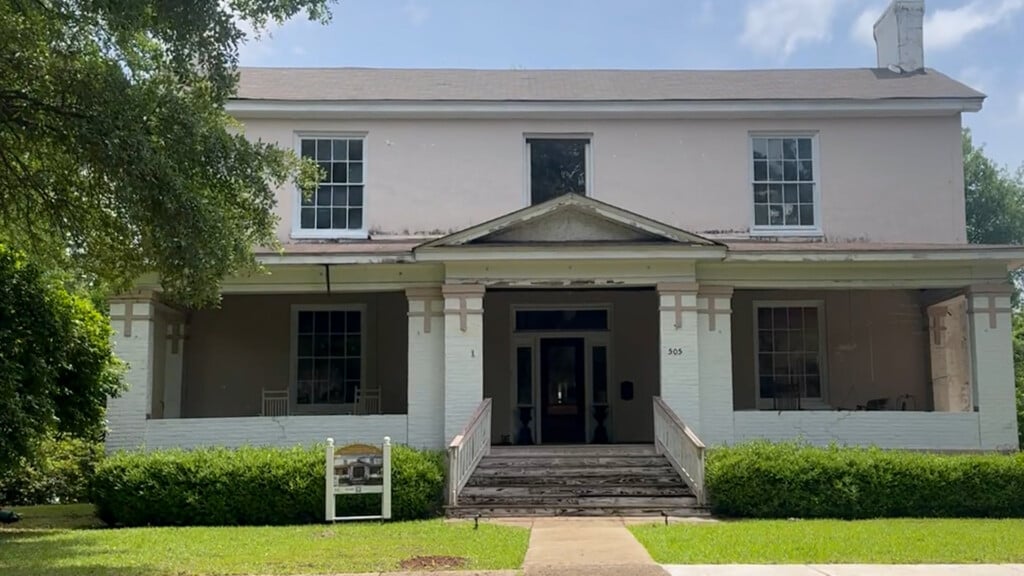Confederate Memorial Day: How it’s remembered in Columbus
COLUMBUS, Miss. (WCBI) – Many state employees in Mississippi had a day off from work.
That’s because Mississippi is one of only four states that still recognizes Confederate Memorial Day.
Anthony Jenkins talked to a local historian about the origins of the holiday.
In Mississippi, the fourth Monday in April is recognized as Confederate Memorial Day.
In the years following the Civil War, Southern states began the observance to remember Confederate soldiers killed in the war.
There are more than 2,000 Confederate soldiers buried in Columbus’s Friendship Cemetery, but in the years just after the war, there were also Union soldiers laid to rest there.
Local historian Rufus Ward says that fact led to the city’s remembrance developing differently from those in other areas.
“Ladies in Columbus started decorating Confederate graves in Friendship Cemetery in 1863. There are over 2100 Confederate soldiers here and close to 50 Union soldiers were also buried here. Columbus was a major hospital center and in 1866 ladies in Columbus, GA decided that there should be one day across the South that the fallen Confederate Soldiers should be honored and flowers placed on their graves.”
The ladies of Columbus decided to decorate not only the graves of the Confederate dead but also those of the Union dead.
This event caught the attention of several newspapers across the country, and even inspired a poem, “The Blue and the Gray”.
“In a strange way, a celebration of what would have been a Confederate Memorial Day here was an inspiration or national Memorial Day because it became a day of reconciliation.”
“As it originally was in 1866 as the day of reconciliation that will no longer be North and South but we are one country and we are all brothers and sisters.”
Since he took office as District 41 State Representative in 2016, Kabir Karriem of Columbus has proposed legislation every session to do away with Confederate Memorial Day and other Confederate-based holidays in an effort to move the state into the future.
Each of those bills has died before ever coming to a vote.




